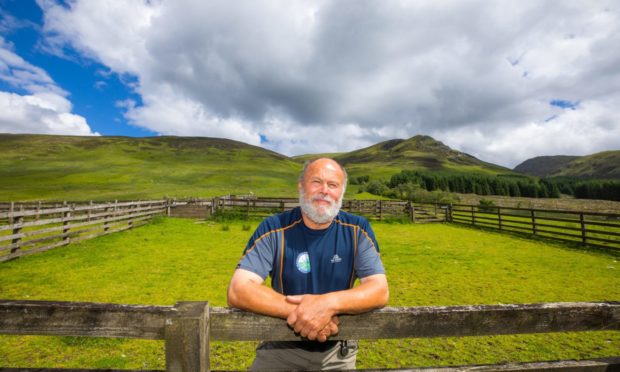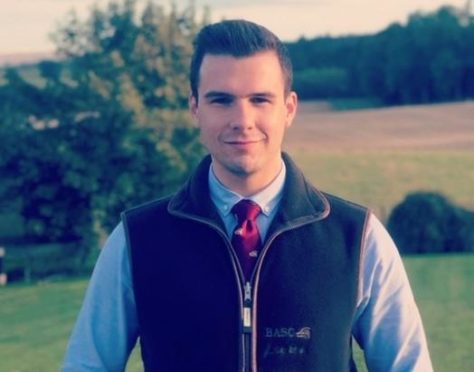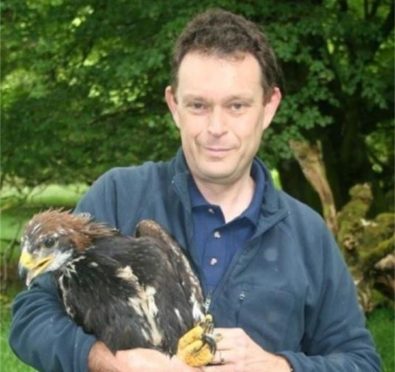Leading figures in the Perthshire and Angus grouse shooting industry fear the “deck is stacked” against their sport and way of life.
The sport’s membership body BASC are hitting back at their critics, claiming “hatred is gripping” rural Scotland as shooting wild birds comes under unprecedented public criticism.
This month, The Tayside and Central Scotland Moorland Group (TCSMG) has also paired up with conservation group Wildland to improve the sport’s reputation on protecting raptors such as Golden Eagles.
While the Angus Glens Moorland Group has launched a ‘Support Moorland Life’ campaign, urging politicians to recognise the importance of estates to the environment, wildlife and communities.
Shooting’s proponents – some of which say they have taken to hiding themselves away to avoid aggressive public reactions – say government bodies are not doing enough to educate the public about the positive side to estate management.
But the sport’s critics – bouyed by an incoming licensing scheme – believe the “writing is on the wall” for the age-old past time.
It’s a battle almost as old as the sport itself – but is it really the beginning of the end for shooting in Scotland?
Victims of hatred?
Gamekeeper Mike Holliday is one those who has decided to speak out about the abuse he has suffered.
He outlined an incident his family experienced two decades ago for a recent episode of BBC’s Landward programme.
Anti-shooting campaigners started shouting at his daughter, then a child, and wife. His daughter was so frightened she hid in a kennel.
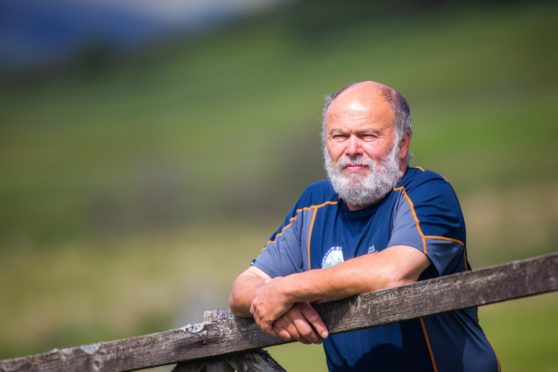
They subsequently made threats to Mike while brandishing a fencepost.
Despite the time since that incident, Mike said abuse has remained constant in his life.
Scottish Government-commissioned research found that two-thirds of gamekeepers have received abuse at least once a year.
Mike, who has worked on the Glenample Estate in Highland Perthshire for more than 30 years, said abuse happens on a “fairly regular” basis.
“When I’m out I try to avoid people generally,” he said.
“We try to be sympathetic that people might not really like what we are doing.”
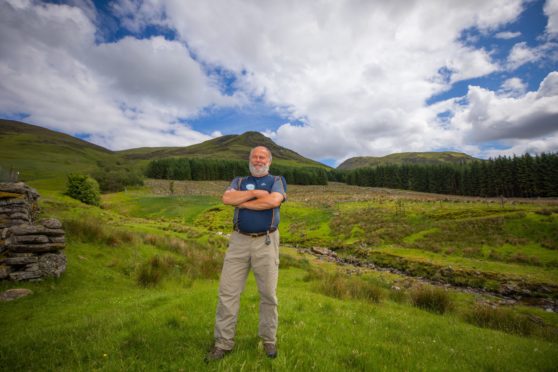
He said better education on land management work, which includes practices such as moor burning and population control, could be better.
Grouse shooting in Perthshire and Angus has also come in for criticism.
“There’s a lot of ignorance out there about what we do and why we do it.
“I think groups such as NatureScot can really help with this. They can put out more educational material.”
Red squirrel numbers are “plentiful” at Glenample thanks to land management, Mike said, in an example of how their work can help the natural world.
Is shooting’s bad reputation down to a ‘few bad apples’?
Mike admits there has been some rogue gamekeepers in Scotland, but the perception of raptor killings is outdated.
“You’re always going to get some bad ones, but it’s not like it used to be,” he added.
“It used to be you would be in the pub and people would quite openly talk about poisonings and things like that, but it’s not the case anymore.”
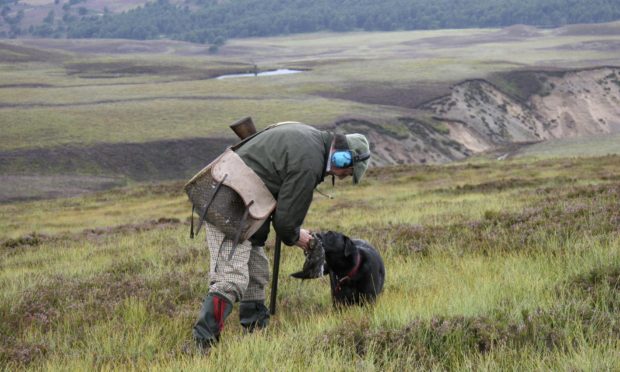
Despite this, Mike and his colleagues feel the pressure is growing on the grouse shooting sector in Perthshire and Angus.
“There is a feeling that the deck is stacked against us at the moment.
“There used to be some MPs and MSPs who knew about rural life and would stick up for us. But there’s a feeling that isn’t there anymore.
“I do worry about the future. There are young families who don’t know if there’s a future in what we do anymore. It’s quite sad.”
Why is ‘hatred’ gripping’ rural Scotland?
Those sentiments are echoed by Ross Ewing, public affairs manager for the British Association for Shooting and Conservation in Scotland.
Ross said that “hatred is gripping” rural Scotland.
A “campaign of hate” has been propagated to incite anger in animal lovers, he said.
“Shouting, swearing, scaring children, threats of violence, threats of death, assault — all part and parcel of what comes next,” he said.
“Meanwhile gamekeepers and their families suffer egregiously.”
Those who have spoken out against the sport also have their own stories of abuse and intimidation.
Dee Ward, owner of Rottal Estate and chairman of the Angus Glens Moorland Group, championed the industry’s environmental credentials.
On launching Support Moorland Life, he said: “Progressive moorland management is green at heart.”
“The uplands of Scotland play a crucial role in biodiversity, peatland restoration and carbon capture.
“These are all key objectives across the political spectrum and we want all our political leaders to know that moorland communities can – and do – play a significant part in achieving these objectives.”
Does the sport ‘only have itself to blame’?
But not everyone is sympathetic to the plight of gamekeepers.
While not condoning abuse, Duncan Orr-Ewing, head of species and land management with the RSPB, said grouse shooting estates in areas such as Perthshire “only have themselves to blame” for the pressures they currently feel.
“They have failed at self regulation over the years.
“Their approach flies in the face of public perception.”
Duncan thinks the “writing is on the wall” and the days of grouse-driven shooting are numbered.
“It has to be said that it’s not all gamekeepers who are bad. But I meet a lot of them through my work and there are some who seem to have something to hide.”
He added practices such as moor burning on peatland can also be problematic.
“There’s a drive by the government to restore peatlands, which are so vital to Scotland’s environmental efforts.
“What is the point of restoring peatland if people are just going to burn them?”
‘Polarised grouse shooting debate in Perthshire and Angus
NatureScot recognise there are “differing and often polarised” views on land management.
However, the government-body has called for debate to be “calm and respectful”.
“No one should be subjected to abuse while going about their day-to-day work,” a spokeswoman said.
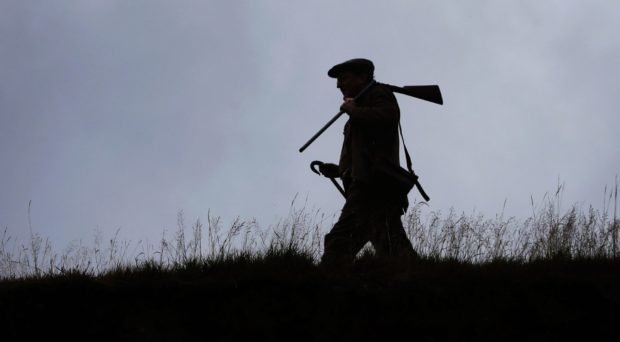
“Abuse towards any profession or sector is unacceptable.”
The spokeswoman added that NatureScot support and recognise the “important role” land and wildlife management plays in addressing the “twin crises of climate change and biodiversity loss”.
“We will continue to… ensure a broader understanding of the benefits of particular land management activities,” she added.
